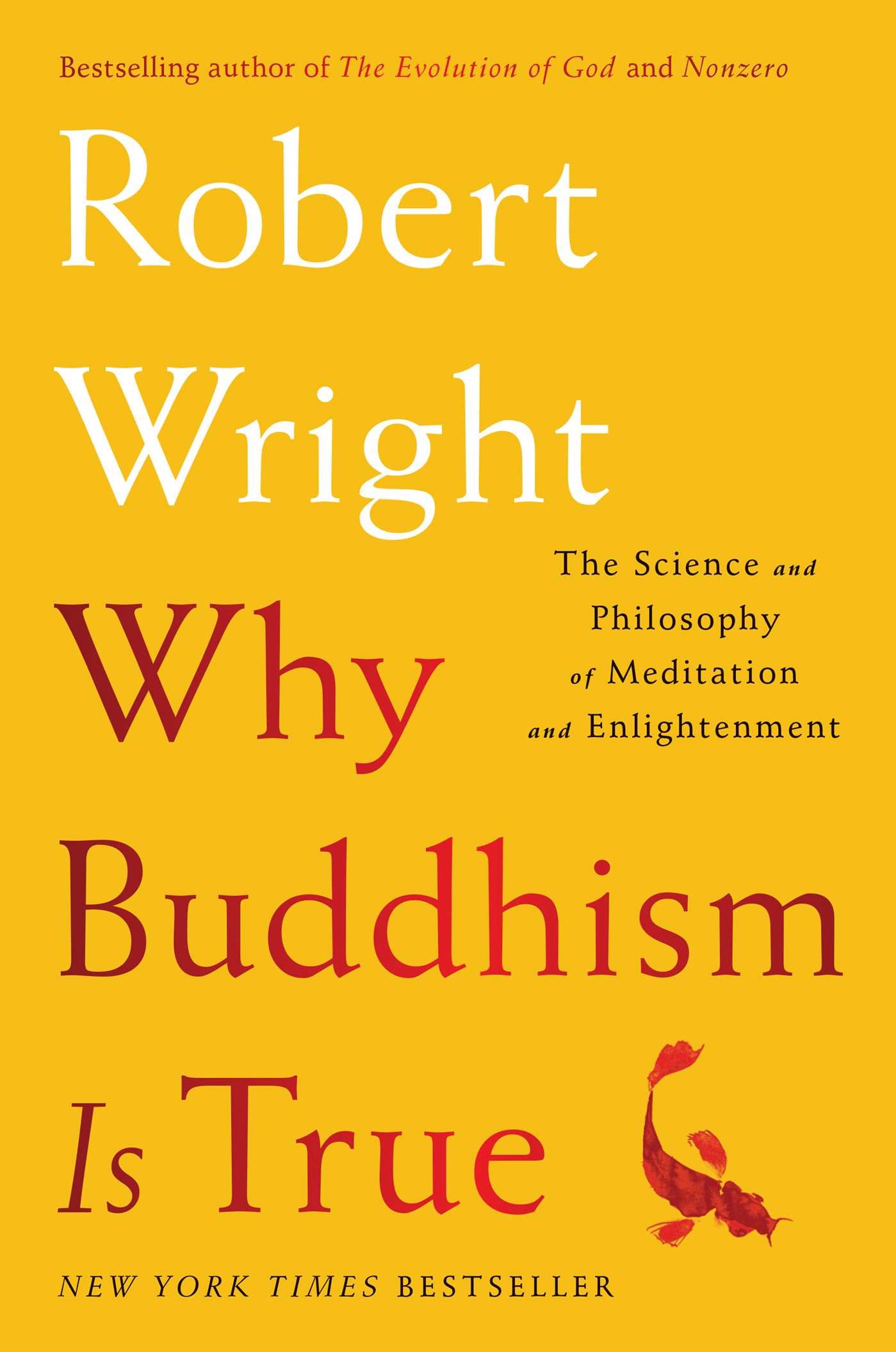
Armchair travel around the world!
Start your reading adventures with our FREE Reading Atlas.

- Around the World in 14 Books
- 7 Thrilling Book Series
- 6 Audiobooks That Are Like Theater For Your Ears



This personal reportage (336 pages) was published in August of 2017 by Simon and Schuster. The book takes you to inside a Buddhist temple. David read Why Buddhism is True and loved it; it wouldn't be on our site if he didn't recommend it.
Bookshop.org is an online bookstore with a mission to financially support independent bookstores and give back to the book community.

In this insightful book, journalist Robert Wright explores the basic ideas of Buddhism and shows they not only hold up against modern science but are confirmed by it. In his hands, this information manages to be both illuminating and inspiring.
Lest you worry this might all be too groovy for you, embrace this: The author is a science writer. He’s curious, he writes well, and he wants you to understand what he’s saying — but there’s no agenda here. He doesn’t even claim to be a Buddhist, although he practices Buddhist meditation.
Instead, he grabs hold of somewhat transcendent ideas — something you might hear in a yoga class — and then examines those ideas through the lens of evolutionary biology and psychology. His premise is that the early Buddhists had a solid read on the human condition and what to do about it — and science pretty much backs them up.
For example, Buddhism says things like, ‘Humans can’t be satisfied,’ and the author points to evolutionary psychology, which agrees. Humans expect more happiness than they will get from attaining their goals. Gratification evaporates, but that doesn’t stop us from wanting. Evolution has made us that way. It would be catastrophic for the species if we evolved to eat a big meal and be satiated forever. We are disposed to be hungry, not just for food, but all things.
This kind of gentle rigor is applied to ideas like ‘your self is an illusion,’ and ‘humans often fail to see the world clearly, and this can lead them to suffer’ and more. Ultimately, this book lands in a good place: a place of gratitude and empathy and togetherness and hope. What could be more rational than that?
These feelings — anxiety, despair, hatred, greed — have elements of delusion, elements you’d be better off without. And if you think you would be better off, imagine how the whole world would be. After all, feelings like despair and hatred and greed can foster wars and atrocities. So if what I’m saying is true — if the basic sources of human suffering and human cruelty are indeed in large part the product of delusion — there is value in exposing this delusion to the light. — Robert Wright
Wanna help us spread the word? If you like this page, please share with your friends.
Strong Sense of Place is a website and podcast dedicated to literary travel and books we love. Reading good books increases empathy. Empathy is good for all of us and the amazing world we inhabit.
Strong Sense of Place is a listener-supported podcast. If you like the work we do, you can help make it happen by joining our Patreon! That'll unlock bonus content for you, too — including Mel's secret book reviews and Dave's behind-the-scenes notes for the latest Two Truths and a Lie.
Join our Substack to get our FREE newsletter with podcast updates and behind-the-scenes info — and join in fun chats about books and travel with other lovely readers.

We'll share enough detail to help you decide if a book is for you, but we'll never ruin plot twists or give away the ending.
Content on this site is ©2026 by Smudge Publishing, unless otherwise noted. Peace be with you, person who reads the small type.